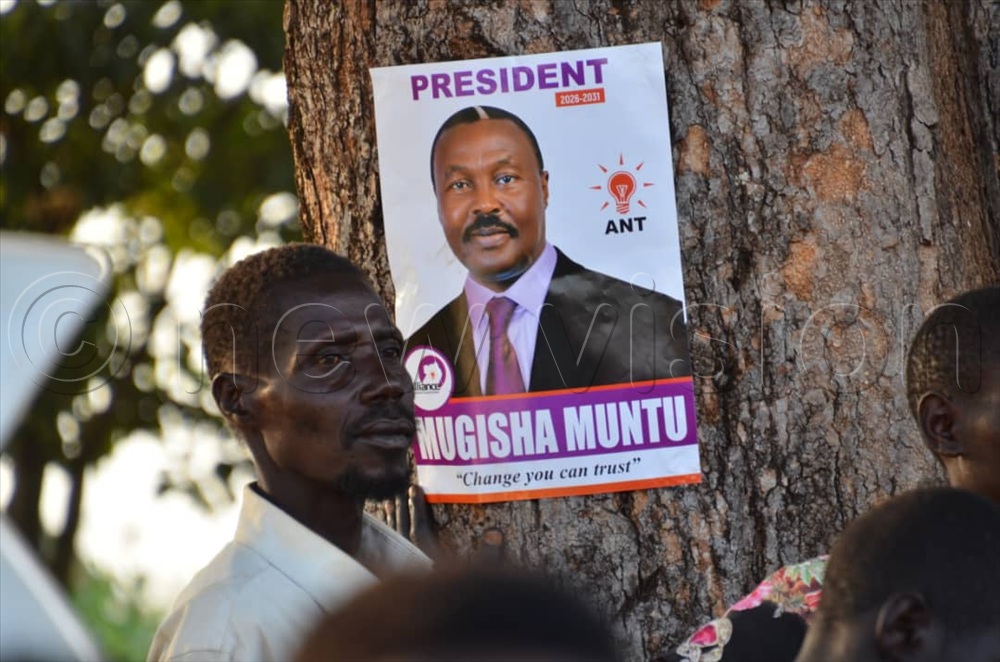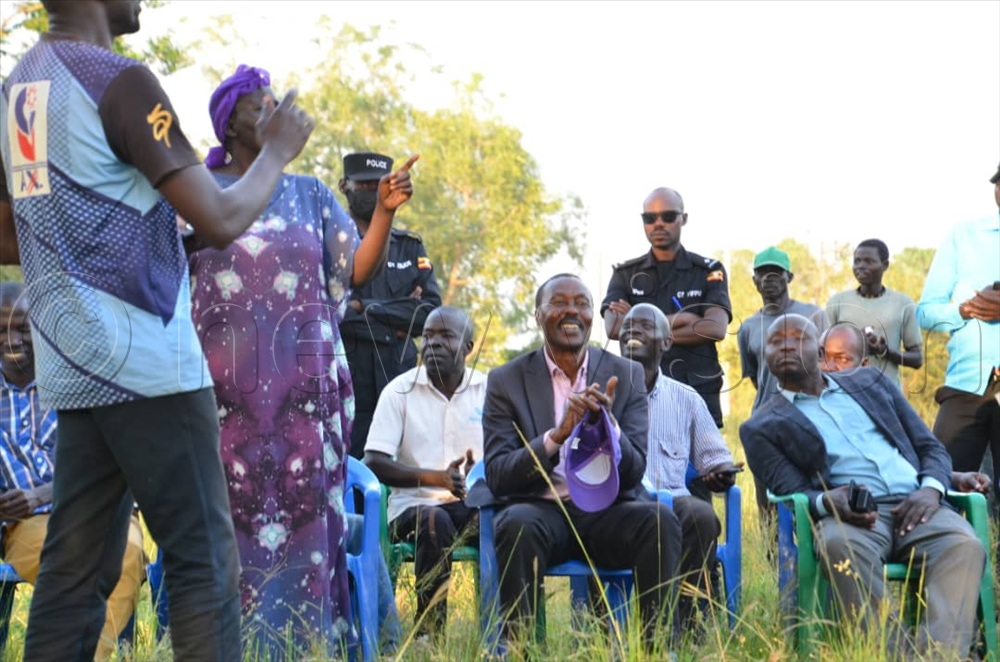📷 East African Community integration will boost Uganda’s market share — Muntu
“The EAC is no longer a distant dream but a living reality that Uganda must leverage to unlock its full potential,” he declared, urging fellow leaders to “walk the integration talk.”
ANT's presidential candidate Maj.Gen (Rtd) Gregory Mugisha Muntu addressing the people of Kakusi trading center in Olio Sub-County, Serere district, on Tuesday, November 18, 2025. (Photos by Stuart Yiga)
________________
In a bold push to expand Uganda’s economic footprint, Alliance for National Transformation (ANT) presidential candidate Maj. Gen. (rtd) Mugisha Muntu reiterated his commitment to fast‑tracking East African Community (EAC) integration, arguing that a seamless regional market is the surest route to increasing Uganda’s share of intra‑African trade.
Responding to questions from voters on how he was planning to create a market for the surplus agricultural products to the benefit of farmers who have been making losses after bumper harvests, Muntu promised to fast track the EAC integration.
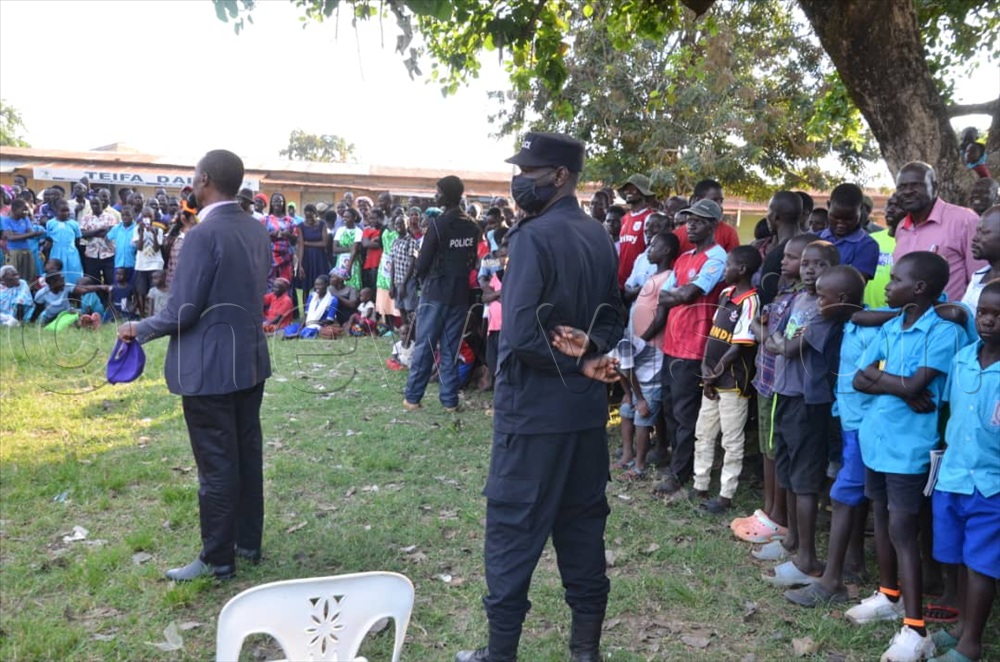
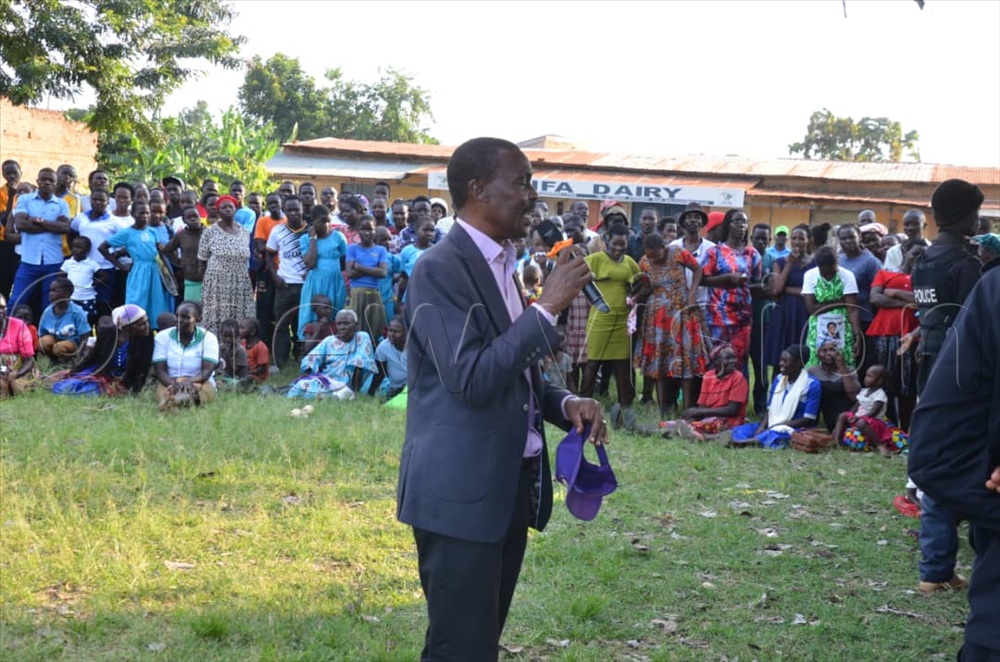
“As ANT, the first step towards guarding such agricultural losses is through organising all the farmers under co-operative movements in the country with huge stores constructed at all sub-counties to guard against lower price traps set by middlemen immediately after harvesting,” he said.
Muntu, who was addressing a campaign rally at Atiira sub-county playground in Serere district on November 18, 2025, outlined a series of policy initiatives aimed at eliminating non‑tariff barriers, harmonising standards and improving transport corridors.
“The EAC is no longer a distant dream but a living reality that Uganda must leverage to unlock its full potential,” he declared, urging fellow leaders to “walk the integration talk.”
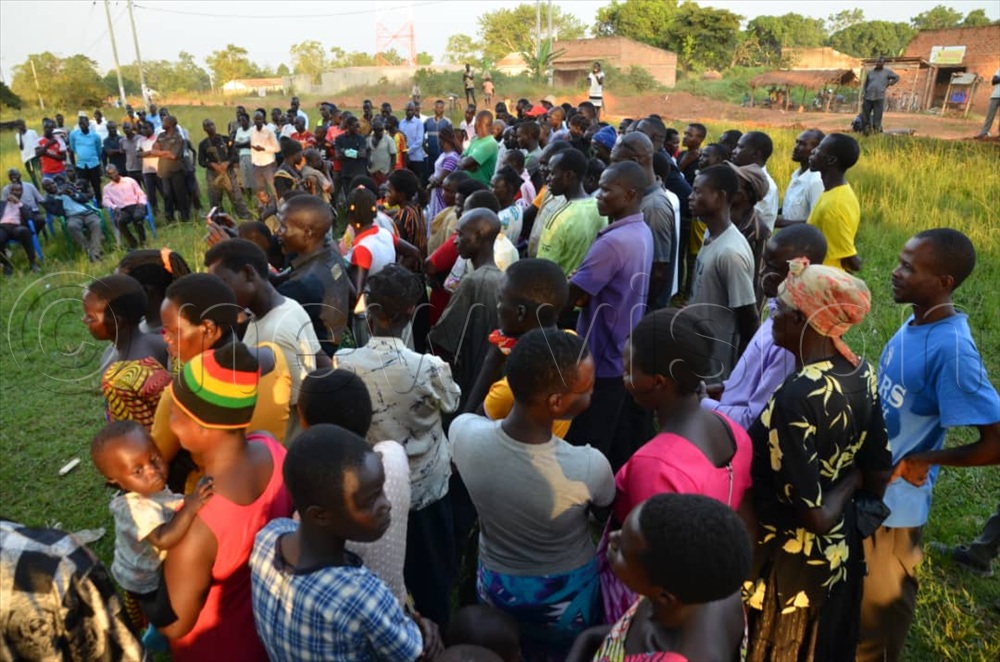
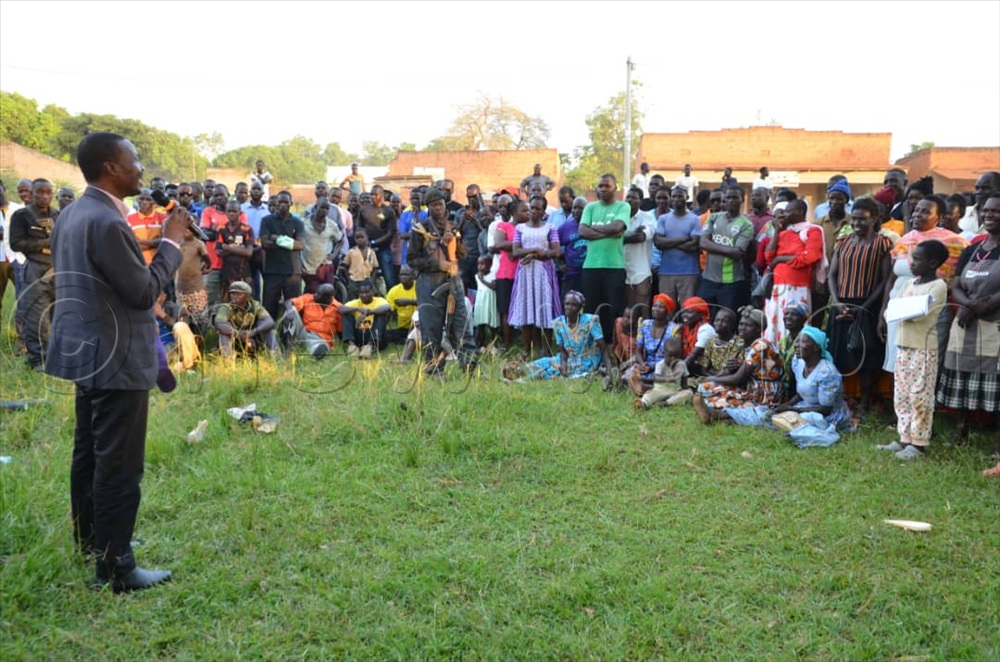
The EAC, currently comprising eight partner states, including Kenya, Tanzania, Uganda, Rwanda, Burundi, South Sudan, and the Democratic Republic of Congo (DRC) is on a serious move expanding the bloc’s consumer base to over 300 million people.
“This enlargement creates a massive market for Uganda’s agricultural exports, including maize, eggs, coffee, dairy and meat products, which have already found receptive audiences in Kenya and Rwanda,” he observed.
The former Ugandan representatives to the East African Legislative Assembly (EALA) and ex-commander of the Uganda Peoples’ Defence Forces (UPDF) highlighted the strategic advantage of a larger EAC, “adding countries such as the DRC and Somalia means a huge market for Uganda’s products.
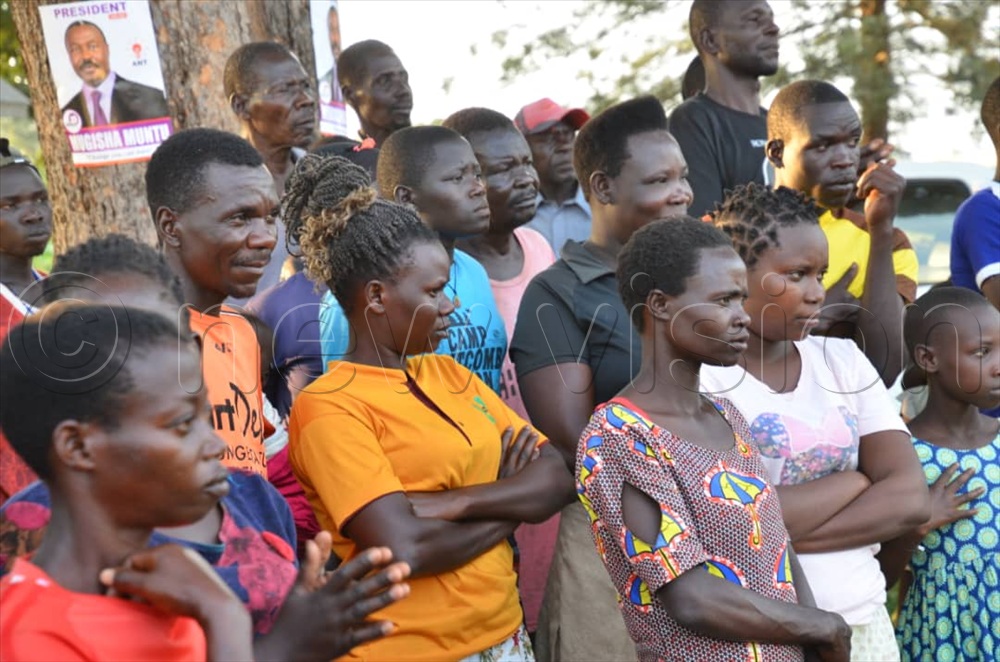
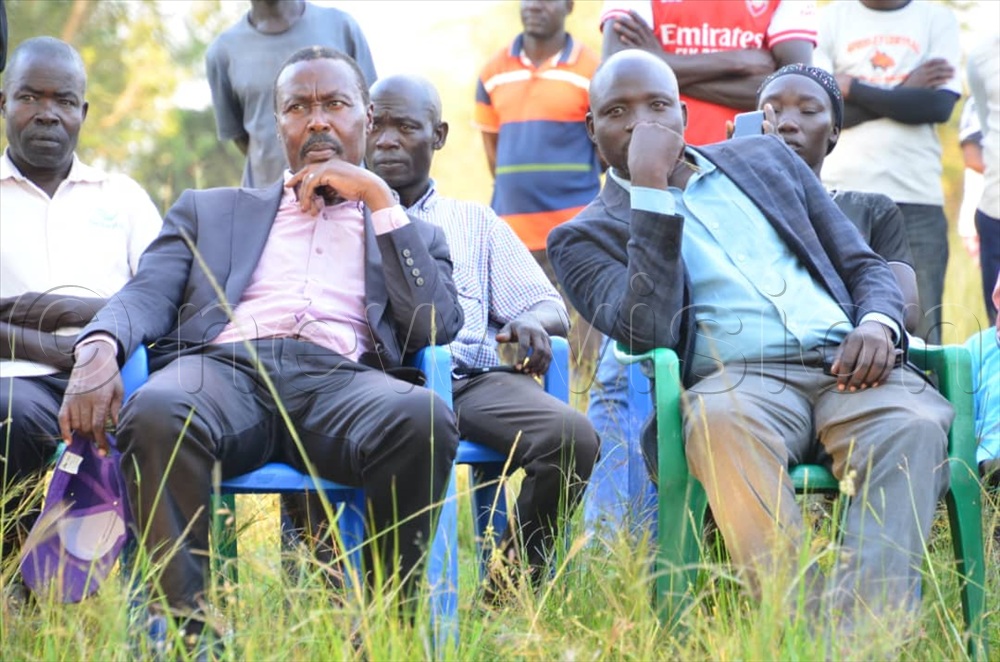
We are known for agricultural products, which directly impact communities that stand to gain as markets are opened up.
Muntu’s integration agenda rests on three pillars: Trade facilitation, infrastructure development and value addition.
“As ANT, we shall streamline customs procedures to cut clearance times by 30 % at key border points like Busia and Malaba, prioritise regional projects such as the standard gauge railway and the Arusha – Dar es Salaam highway to reduce transport costs, as well as encouraging local processing of raw materials to increase export earnings,” he suggested.
He also proposed the establishment of a unified trade platform to digitise trade documentation across member states, a move he said boosts transparency and reduces corruption.
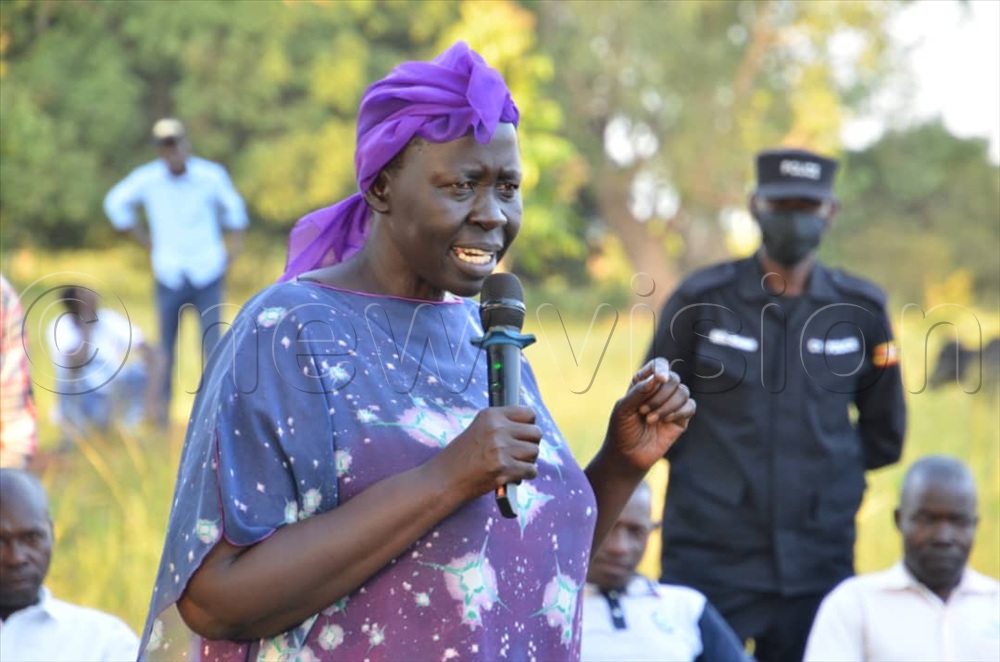
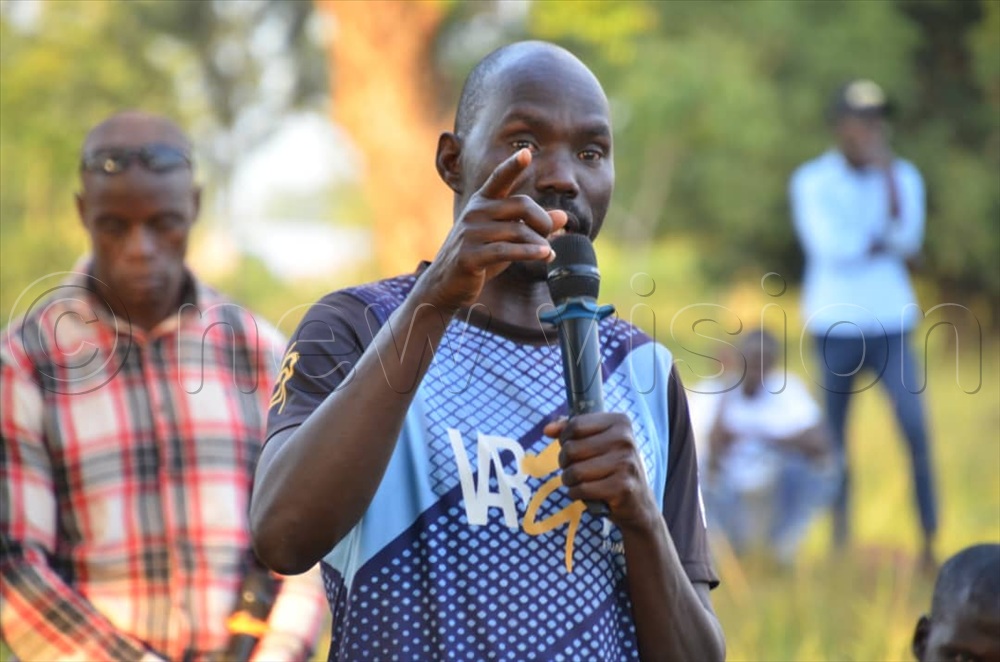
Together with other African countries, the EAC states qualify for duty‑free access to the United States (US) market under the African Growth and Opportunity Act (AGOA) and the generalised system of preferences.
“Non‑tariff barriers, such as cumbersome weighbridge checks and multiple clearance points, continue to inflate transaction costs,” Muntu observed.
Muntu acknowledged there are some security challenges, especially among the EAC member states, citing DRC and South Sudan, but emphasised the need for a regional security mechanism to safeguard traders.
“Ugandans must be prepared to do business in high‑risk areas because the rewards outweigh the dangers,” he warned, echoing calls for a joint EAC security force.
If elected, Muntu pledges to champion a people‑centred integration agenda, focusing on job creation, skills development, and infrastructure.
“The time for action is now. Uganda cannot afford to be left behind in this regional integration march,” Muntu asserted.
